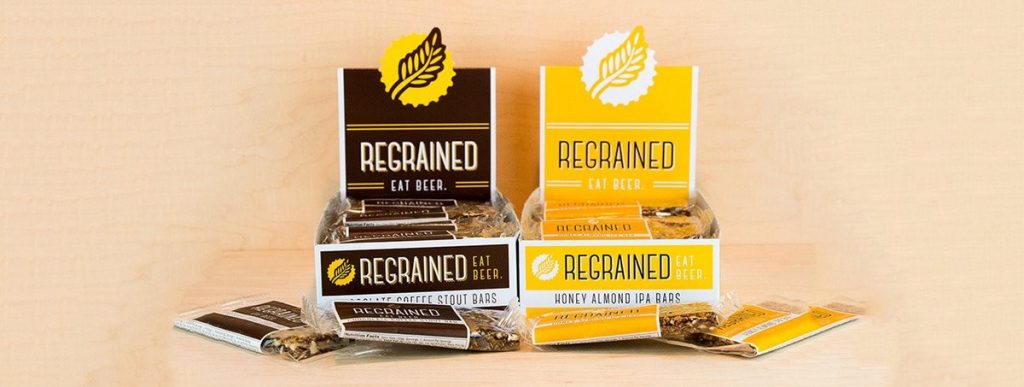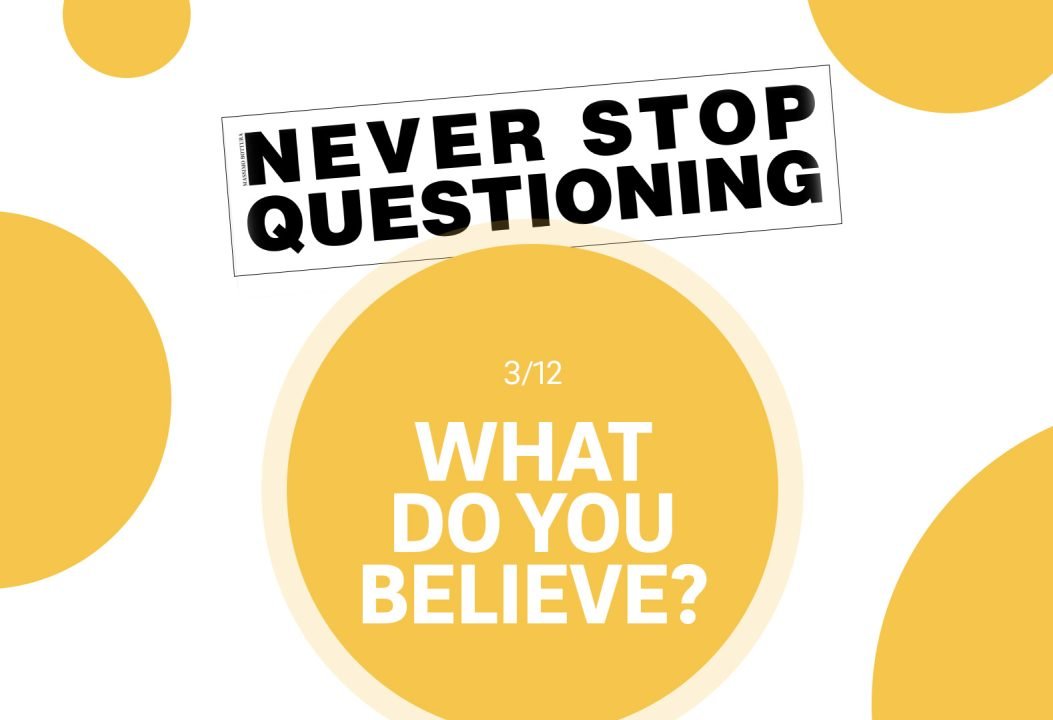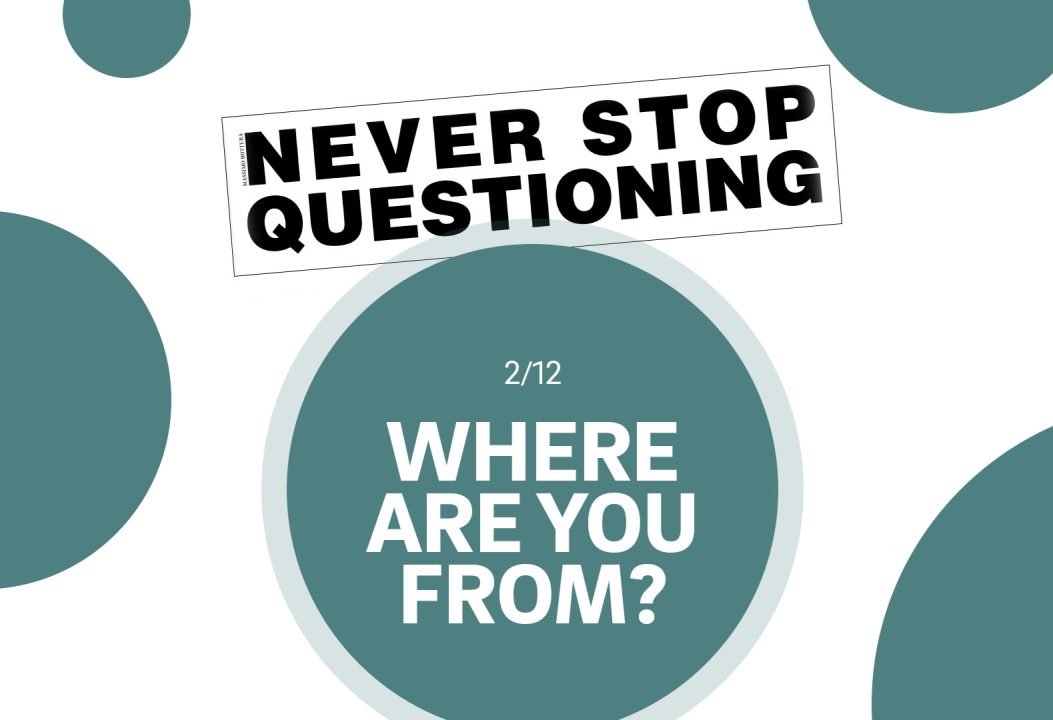Food for Soul utilizza cookie solo se strettamente necessari al corretto funzionamento del sito internet, per migliorare la tua esperienza di navigazione e abilitare o facilitare la comunicazione sui dispositivi elettronici. Per saperne di più puoi leggere la nostra Cookie Policy
- Chi Siamo
- News e Storie
- Novità
- Eat beer with Re-Grained: the new life of scraps is (still) edible
That of peels, stalks and leftovers is a tough –but long life. Many contemporary consumption practices employ foodstuff only in specific moments of its life, or use just some part from each product. We could think about coffee grounds, dried herbs for infusions, but also fruit peels and cores that are dumped because they are not included in the consumption pattern we are used to.

But the potential of scraps can actually bring several benefits even once conceived as not usable anymore -literally, “scraps”. Firstly, many foodstuffs are still edible and carry a high content of energy and nutritional values. Leftovers, then, can be reintroduced in the environmental cycle as compost, so to have a minor impact on the planet and to significantly contribute to its sustainability.
Through a deep knowledge of food system and the application of innovative ideas, many young and creative businesses have seen in scraps even a profitable potential.
One of those stories is that of Re-Grained, a start-up founded in Los Angeles transforming grains employed in beer brewing into snack bars. From their home-brewery, the founders Dan and Jordan got experienced enough to go beyond the common usage of barley. Being high in fibers and proteins (besides its sugar content), it can definitely be conceived as superfood. From this intuition, the honey almond IPA and the chocolate coffee Stout came out.
The production of the “beer to eat” bars is only one piece of a wider puzzle: in their vision, Re-Grained aims to enact urban ecosystems to do more with less by constantly working on a positive impact on communities and the planet.
Raise your glasses –and bars: cheers to Dan and Jordan!
Photo credits: www.regrained.com
Storie
La tua donazione può fare la differenza
Vuoi aiutarci a create un mondo più inclusivo dove il cibo non viene sprecato e le comunità sono più resilienti?
Dona


